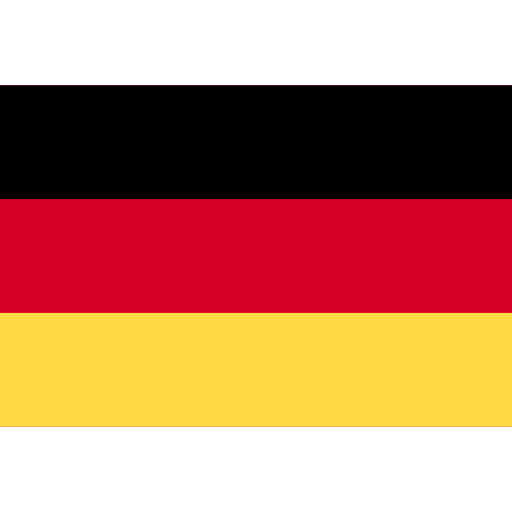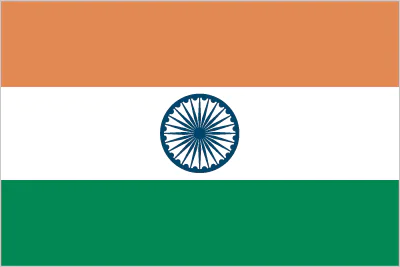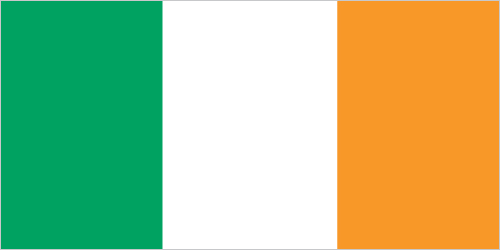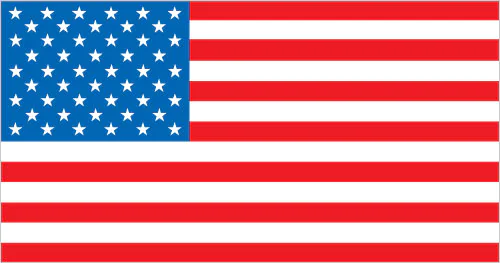Estimated reading time: 2 minutes
The African Export-Import Bank (Afreximbank) plans to increase its funding for trade within Africa to $40 billion through a revolving fund by the year 2026. This development follows the bank achieving $20 billion in intra-African trade finance in 2021.
According to a report by the National News Agency, the bank’s Executive Vice President, Mrs. Kanayo Awani, disclosed this information at the Intra-African Trade Fair 2023 (IATF) Nigeria High-Level Business Roadshow in Lagos.
Scheduled to take place from 9 to 15 November in Egypt, the IATF 2023 event is a collaborative effort between Afreximbank, the African Union Commission, and the Secretariat of the Africa Continental Free Trade Area (AfCFTA).
The IATF serves as a conduit for enterprises to tap into a unified African market, which comprises more than 1.3 billion individuals and boasts a GDP in excess of $3.5 trillion, established under the AfCFTA framework.
Mrs. Awani stressed that Afreximbank is joining forces with the AfCFTA Secretariat to set up the Adjustment Fund. This fund is intended to offer a range of support, including financial backing, technical aid, grants, and compensatory funding to both AfCFTA member states and private businesses.
The board of Afreximbank has already sanctioned and earmarked $1 billion for this initiative, in addition to a $10 million grant to facilitate the Adjustment Fund’s establishment and operation.
The bank confirmed its collaborative efforts with the AfCFTA Secretariat and the African Union to guarantee the effective roll-out of the Pan-African Payments and Settlements System (PAPSS).
This system aims to simplify the payment and settlement processes for trade transactions in local currencies, thereby overcoming the obstacles of currency inconvertibility and foreign exchange scarcity that have impeded trade within Africa.
Furthermore, Mrs. Awani outlined Afreximbank’s commitment to harnessing digital technologies via African Trade. The bank is also partnering with the International Trade Centre to educate African firms, including SMEs, on export procedures under the AfCFTA.























